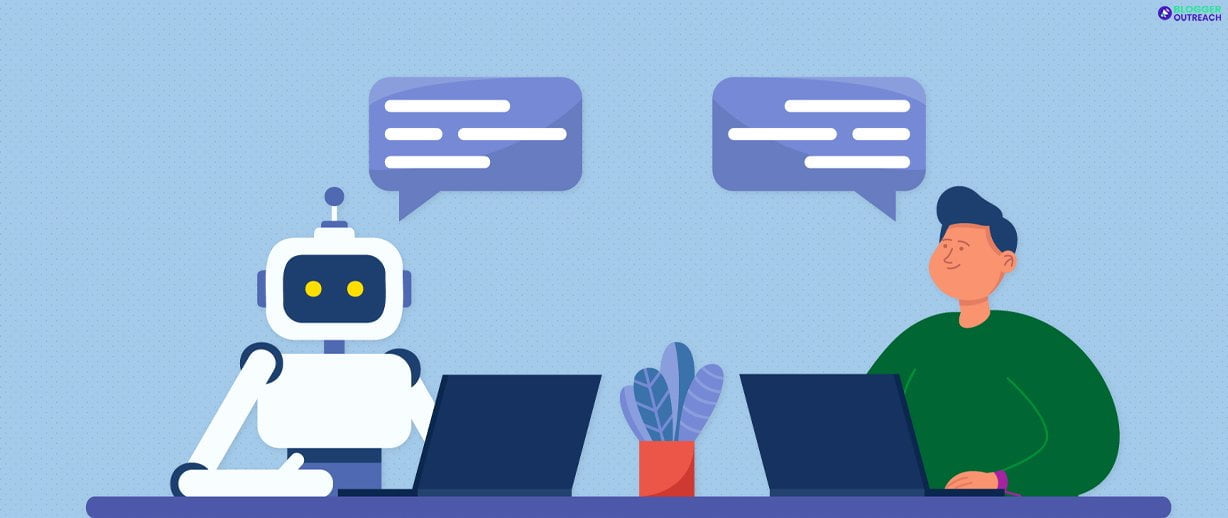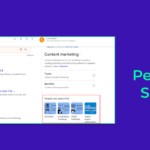Table Of Content
- 1 Listed Below Are The Reasons WHY ChatGPT Won’t Replace Content Writers
- 1.1 1. Lacks Originality And Creativity
- 1.2 2. Inability To Empathize With The Readers
- 1.3 3. Factual Inaccuracy
- 1.4 4. ChatGPT Can NOT Produce LONG-FORM CONTENT
- 1.5 5. Incapable Of Meeting The Search Intent
- 1.6 6. Fail To Meet To Deliver The Desired Tone And Voice
- 1.7 7. Lack Of Niche Expertise
- 1.8 8. True Storytelling Is Missing
- 1.9 9. Client Collaboration
- 1.10 10. SEO-Optimized Content
- 1.11 11. Adaptability To New Trends
- 1.12 12. How Can It Collaborate With Designers? NOT Possible!
- 2 Work With A Team of Expert Writers
ChatGPT cannot replace content writers. It is NOT a random claim. We have reasons for saying this.
This article will provide substantial reasons WHY this is the case.
What is the importance of ChatGPT for content writing? We know there has been a lot of buzz around this AI model.
There is another side to the coin that we must explore. There are some shortcomings to AI models. In Content writing, for instance, creativity, critical thinking, and deep audience understanding are required.
A writer’s unique perspective, experiences, and emotions allow them to connect with readers. AI models cannot replicate these qualities.
Content writing is an art. Do you agree? Art takes years of time to develop. It requires practice, emotion, and human touch.
How can AI replace a brilliant blog based on personal experience?
Imagine this: you have been to a forest and writing a detailed travel blog. How can ChatGPT replace that? It does NOT make sense. Right?
Let’s discuss more on this. Be with us for the next few minutes and understand it practically.
Listed Below Are The Reasons WHY ChatGPT Won’t Replace Content Writers
If you are apprehensive about ChatGPT for content writing, you should STOP caring about it the right way. WHY? Let’s explore the reason for it.
1. Lacks Originality And Creativity

Is ChatGPT capable of replacing content writers? Let me spill the beans. It’s a big “No!” and you know why?
When you use Chatgpt for content writing, you lose originality and creativity.
Writing content is an art, my friend. Crafting unique pieces that captivate readers isn’t just about stringing words together. AI models like ChatGPT generate text based on patterns and data they’ve been trained on.
Articles written by Chat GPT lack the spark of creativity that humans possess. They cannot think outside the box or develop truly original ideas. That, my dear reader, is a crucial aspect of content writing.
The importance of originality and first-hand knowledge in 2023 is higher than ever, especially since E-E-A-T is making waves.
Readers and search engines crave content from real experts, not just regurgitated information from AI algorithms.
Apart from feeling a genuine connection with the writer, they want to be inspired and informed.
Producing content that stands out is not their strong suit.
2. Inability To Empathize With The Readers

Writing content isn’t just about putting words on a page. The key is to connect with people, understand their emotions, and deliver a message that resonates with them.
Human writers excel at that. Our experiences, perspectives, and emotions add a touch of humanity. However, if you use ChatGPT for content writing – they simply cannot match it.
While AI can produce much content in a flash, it often lacks the personal touch.
Readers’ struggles, joys, and aspirations cannot be truly understood by it. Empathy is a key ingredient in effective writing that humans can bring.
Therefore, while AI has its merits and can be useful in content creation, it cannot replace human empathy.
AI cannot replicate our ability to connect with readers and evoke emotions. Content writers will continue to play a crucial role in the writing industry.
3. Factual Inaccuracy

AI, like ChatGPT, lacks factual accuracy.
There is no external frame of reference for its complex mathematical system. Because of this, it can confidently assert incorrect statements.
The implications of this flaw are significant. Reason number one: AI can produce incorrect information.
Here Is What We Asked ChatGPT👇
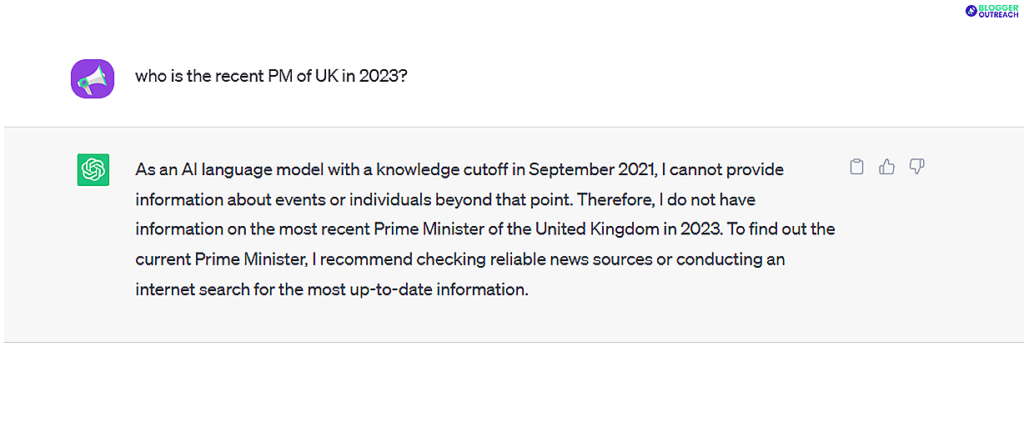
Fixing this issue is challenging. During training, AI models like ChatGPT were restricted to data till 2021.
It also provides incorrect information, declining questions it could answer correctly because it lacks recent facts.
4. ChatGPT Can NOT Produce LONG-FORM CONTENT
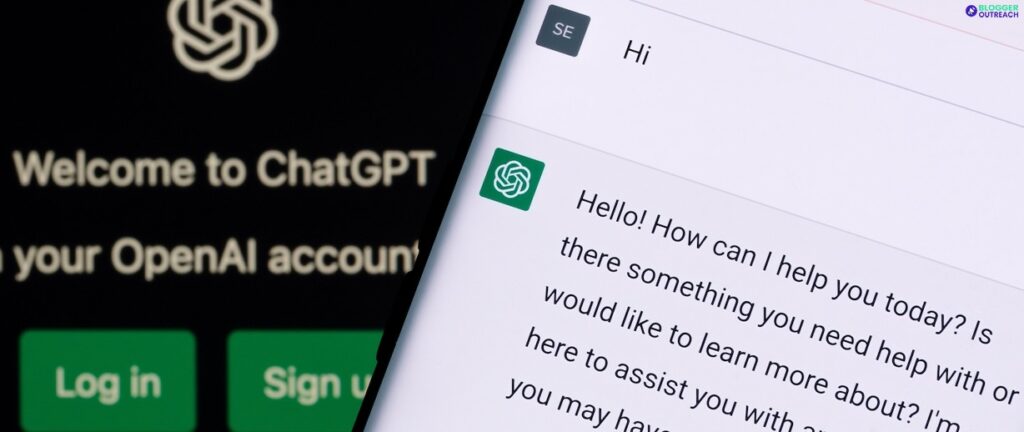
Let’s do it practically. Let’s ask ChatGPT – Write a 2000-word blog on the ‘Importance of digital marketing.
As a response, ChatGPT was able to produce 608 words. This output was merely a basic outline. Not more than that. You can do this now.
So, while you’re considering ChatGPT for content writing, make sure you pay attention to THIS aspect of this AI bot.
Long-form content is evergreen. Top-ranked articles are mostly 1000+ words.
However, as you see, chatGPT can only produce content of around 600 words.
This output could be considered a basic outline, but it’s not long enough.
In order to double or triple the word count, extra content would need to be added to fill in the gaps. High-quality, engaging content isn’t exactly what we’re looking for.
5. Incapable Of Meeting The Search Intent
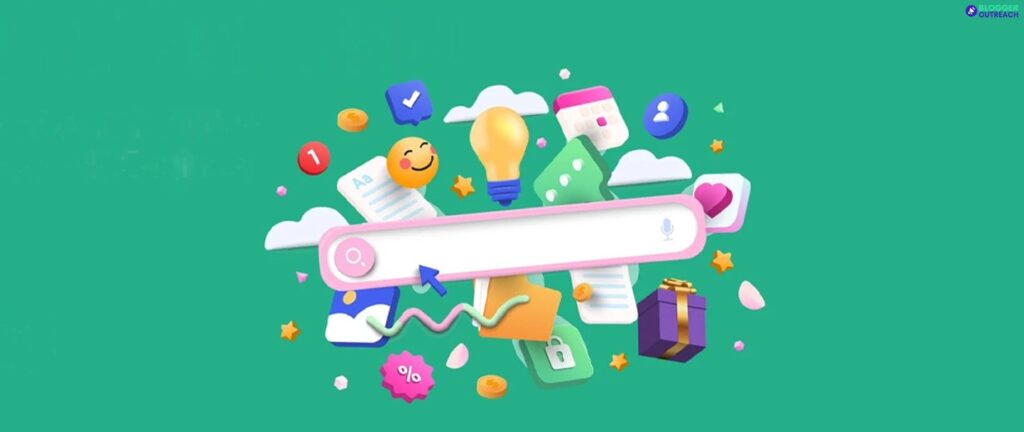
Creating content that does not address the search intent is no less than a mistake.
Imagine you have created top-of-the-world content. However, that content is nowhere near the search intent. Does that make any sense? NOT really!
Human writers can empathize with readers, do thorough research, and craft content that resonates with them. They can tap into their experiences, emotions, and insights to create meaningful things.
ChatGPT for content writing, however, struggles in this area. They struggle to understand audience preferences and create tailored content. However, they lack that human touch and deep understanding of what makes content truly resonate.
Think about it this way: In an article or blog post, you want to feel that the writer is speaking directly to you, answering your questions, concerns, and interests. AI has a hard time achieving that level of connection.
That’s why human writers still play a vital role in content creation despite all the advancements in AI. Readers can connect with them personally because they bring a unique perspective. Research skills, empathy, and creativity are invaluable.
6. Fail To Meet To Deliver The Desired Tone And Voice

Why? It all boils down to their training data.
Regarding tone and voice, ChatGPT fails to meet the desired standards.
Using vast amounts of data, AI models like ChatGPT learn patterns. So, their output is influenced by the examples they’ve seen during training.
When you use ChatGPT for content writing, you will find it cannot adapt to different writing styles. It may not always capture the exact tone and voice of your content.
That’s where human writers excel. Creativity, adaptability, and understanding of the target audience are key. It is possible to infuse the content with the right emotions and personality.
AI can’t fully replicate this skill.
7. Lack Of Niche Expertise

In today’s era, niche writers are really taking the spotlight. These people specialize in specific subjects or industries, bringing knowledge and expertise to their writing.
And that’s where AI models like ChatGPT might fall a little short. It calls for subject expertise and the ability to dive deep into a particular field.
Human writers excel at this because they have the background knowledge and the skills to conduct thorough research. They can dig into the nitty-gritty details that make content truly valuable.
Similar to a master chef who knows the right proportions of ingredients for a delicious and balanced meal. Only a chef who knows which ingredients and how much to use can make a tasty meal.
Or, let’s say you are reading content on SEO from two sources. One is from an SEO expert having 15+ years of experience. Another response is from ChatGPT. Which one is more insightful? Obviously, the one that comes from the expert.
ChatGPT content creation struggles to compete with human writers’ expertise. In specialized fields, it may not produce high-quality content; human writers have an advantage.
8. True Storytelling Is Missing
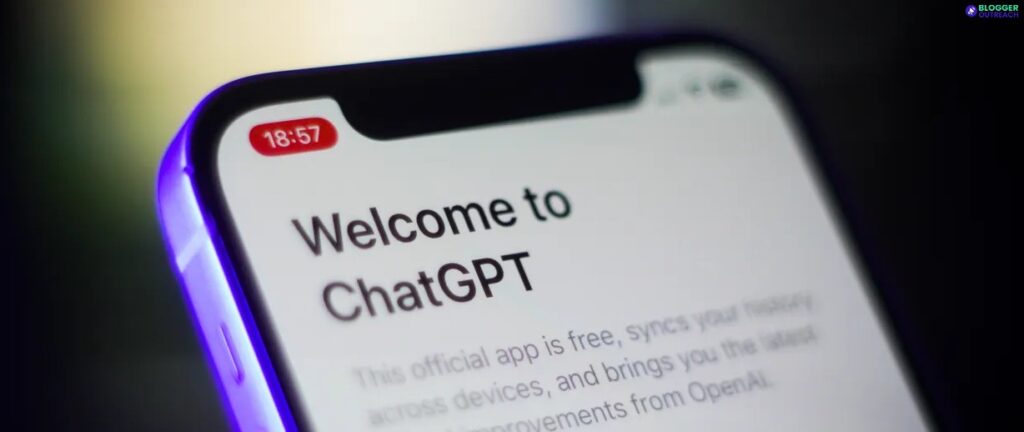
ChatGPT for content writing lacks the deeper meaning or substance we humans bring. That’s where true storytelling comes in.
True storytelling is more than just putting words together. It’s about crafting narratives that resonate with people on an emotional level.
The goal is to make them feel something, whether it’s excitement, empathy, or wonder. AI struggles with that.
You need real humans with emotions to engage readers. Content writers infuse their work with unique perspectives. The right words, authentic characters, and compelling plotlines matter to them.
It’s crucial to hire skilled writers. An idea can be transformed into a story that captivates and connects with the audience. On the other hand, inexperienced writers might struggle.
The depth and richness of true storytelling cannot be replicated. Only humans can do that.
9. Client Collaboration

Whenever you work with an agency, you know how important meeting the client’s expectations is. In order to create content that aligns with the client’s vision, objectives, and brand voice, you have to work together.
Content writing often involves a close partnership between the writer and the client or stakeholders.
During the process, writers gather valuable feedback and insights from their clients. As a result of this collaboration, they can better understand the client’s requirements, target audience, and project objectives.
ChatGPT cannot engage in conversations, understand nuanced feedback, or incorporate client feedback into revisions. In a sense, they’re powerful writing tools that can generate content based on prompts and patterns.
Even if you are leveraging ChtaGPt for content writing, you need human intervention to work with your clients.
10. SEO-Optimized Content

What defines SEO-optimized content?
Here are the factors that contribute to SEO-friendly articles:
- Placing keywords naturally.
- Optimized anchor texts.
- Addressing the search intent (already discussed).
- Placing the LSI keywords contextually.
- Optimized metadata.
- Making it readable by using short sentences and paragraphs.
ChatGPT can produce loads of content in no time. But here’s the thing: they might not have the same expertise in SEO optimization as human writers.
SEO writers understand the nuances of search engine optimization. Their skill is to sprinkle relevant keywords throughout the text without making it sound forced. Their meta titles and descriptions entice readers and search engines. Both humans and search bots can digest their content easily.
ChatGPT can only write for search engines. However, they can not fine-tune the content to strike that perfect balance between readability and search engine friendliness.
11. Adaptability To New Trends
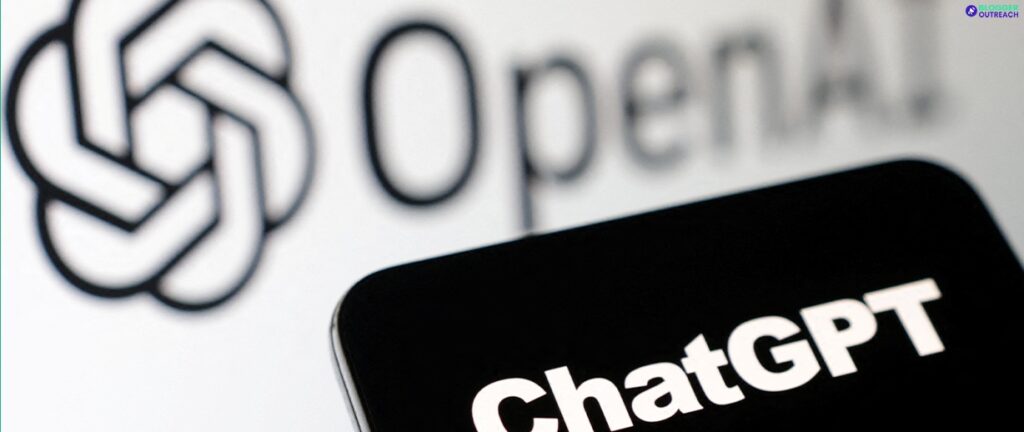
Keeping up with industry developments, reader preferences, and the latest happenings is always a priority for content writers.
“5 Digital marketing trends in 2023” – can you write this article as you did in 2018? No, right?
ChatGPT can not produce the latest news and updates. It relies on pre-trained data and may fall short if it doesn’t reflect the latest trends.
However, humans can do it easily. Top content writers incorporate fresh ideas and adjust their writing style to match the ever-changing landscape. They’re always ready to pivot when what worked yesterday doesn’t work today.
Imagine a new trend emerges overnight—an algorithm update, a hot new hashtag, a viral meme, or a change in how people consume content.
Content writers quickly catch on and incorporate these trends seamlessly into their work. They can capture the attention of readers and stay relevant.
In contrast, ChatGPT simply Can’t!
12. How Can It Collaborate With Designers? NOT Possible!

Content writers know how often they must visit designers’ or video editors’ desks. They require revisions. They strive to picture their words.
Designers add visual appeal, marketers provide strategic insight, and subject matter experts provide deep knowledge. ChatGPT cannot replicate this collaborative synergy.
Think about it. Collaboration involves constant communication, brainstorming sessions, and bouncing ideas off one another. It’s the human element that makes it all work.
Content writers build upon each other’s ideas, refine concepts, and ensure the final output aligns with the overall vision.
You need a designer to make your blog’s featured image, long-form content, or infographic come to life.
No matter how advanced ChtaGPT becomes, it can not participate in this synergy! And this is where content writers get the edge.
Work With A Team of Expert Writers
At our agency, we have made a conscious decision to refrain from using AI tools within our team.
If you want to know how to use ChatGPT for content writing, then we are not the right people.
We have instructed our members to avoid using ChtaGPT for content writing.
WHY?
Our belief is rooted in the idea that first-hand knowledge and personalized experiences hold the utmost importance in our work.
ChatGPT or any other AI cannot match the quality and value provided by our team of expert niche writers.
We highly value the unique insights, expertise, and creativity that human writers bring to the table.
Their authenticity and individual perspective are crucial factors in creating exceptional content.
Our emphasis on first-hand knowledge reflects our deep respect for direct experience and expertise in our niche areas.
We deliver content that encompasses more detail, nuance, and relevance than AI-generated content due to our team’s profound understanding of the subject matter.
That sounds interesting, right? To know more, visit our website.
Read Also:

